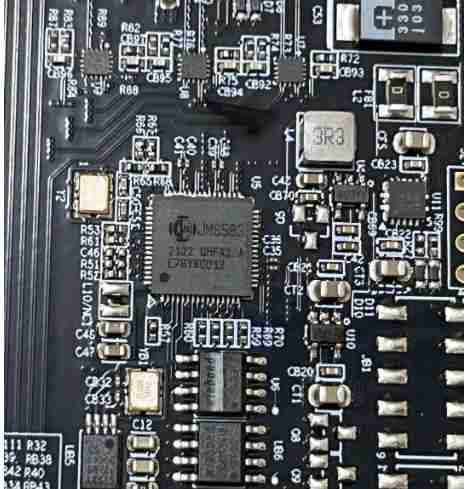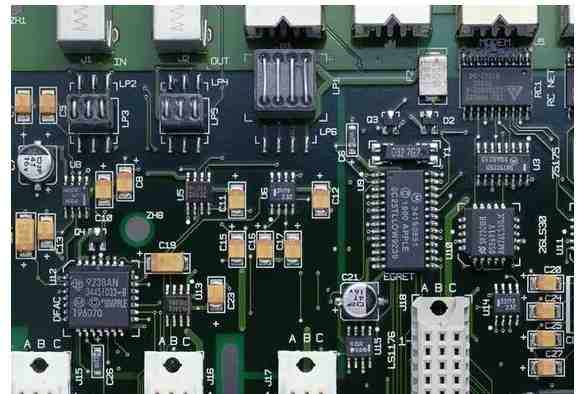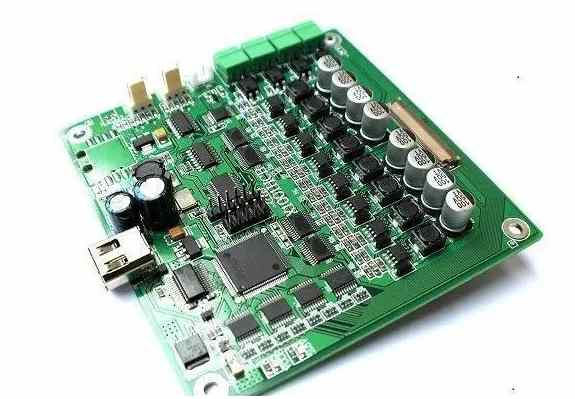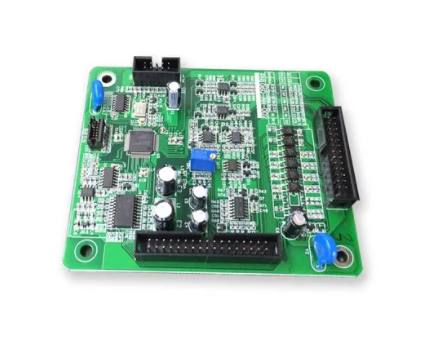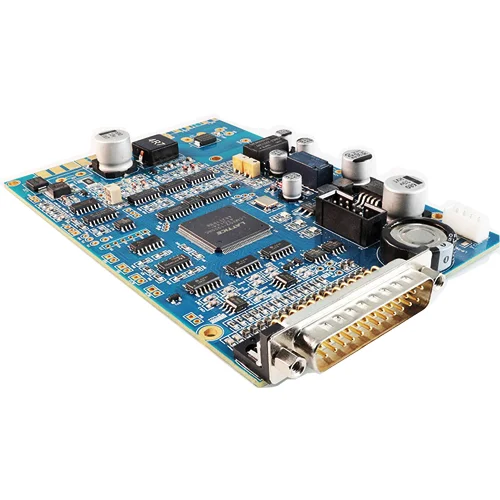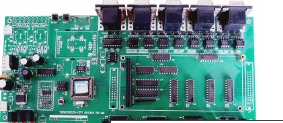
Reflow soldering is a process technique widely used in the electronics manufacturing industry to solder electronic components to printed circuit boards (PCBS). Compared with traditional manual welding, reflow welding has higher production efficiency and higher welding quality, so it is widely used in SMT (surface mount technology) production. However, reflow soldering may have some effects on SMT machining quality, which will be analyzed below.
1. PCB deformation caused by temperature gradient
Reflow processing requires the PCB to be exposed to a high temperature environment, so that the solder between the weld point and the PCB melts, forming a solid solder joint. However, due to the large temperature gradient in reflow processing, that is, the temperature changes in different areas on the PCB are large, which may cause the PCB to deform. Once the PCB is deformed, it may cause the connection between the solder point and the PCB to loosen or break, thus affecting the reliability of the product.
In order to mitigate this impact, manufacturers usually use various methods to improve the thermal stability of the PCB, such as increasing the PCB thickness, changing the PCB material, or using multi-layer PCB.
2. Component damage caused by temperature gradient
The components used in SMT processing are usually very small models of electronic components, which are very sensitive to temperature changes. Due to the large temperature gradient in reflow processing, if appropriate measures are not taken, it may cause damage to components. For example, if the component is placed in a high temperature area of the PCB, it may cause the plastic shell of the component to melt, which can damage the internal circuit of the component.
To mitigate this impact, manufacturers often take various measures, such as placing components in cooler areas or using components that are more resistant to high temperatures.
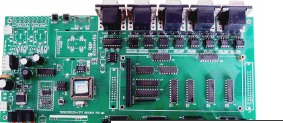
3. Oxidation during reflow soldering
During reflow processing, the soldering agent may be oxidized, resulting in the formation of metal oxides, which may cause the connection between the solder joint and the PCB to loosen or break. In addition, due to the presence of oxidation, the reliability of the solder joints may be affected, thereby reducing the quality of the overall product.
To mitigate this effect, manufacturers often employ various methods of control. kinhford Electronics is a professional PCBA OEM manufacturer, providing one-stop services from upstream electronic component procurement to PCB production and processing, SMT patches, DIP plug-ins, PCBA testing, finished product assembly, etc.


